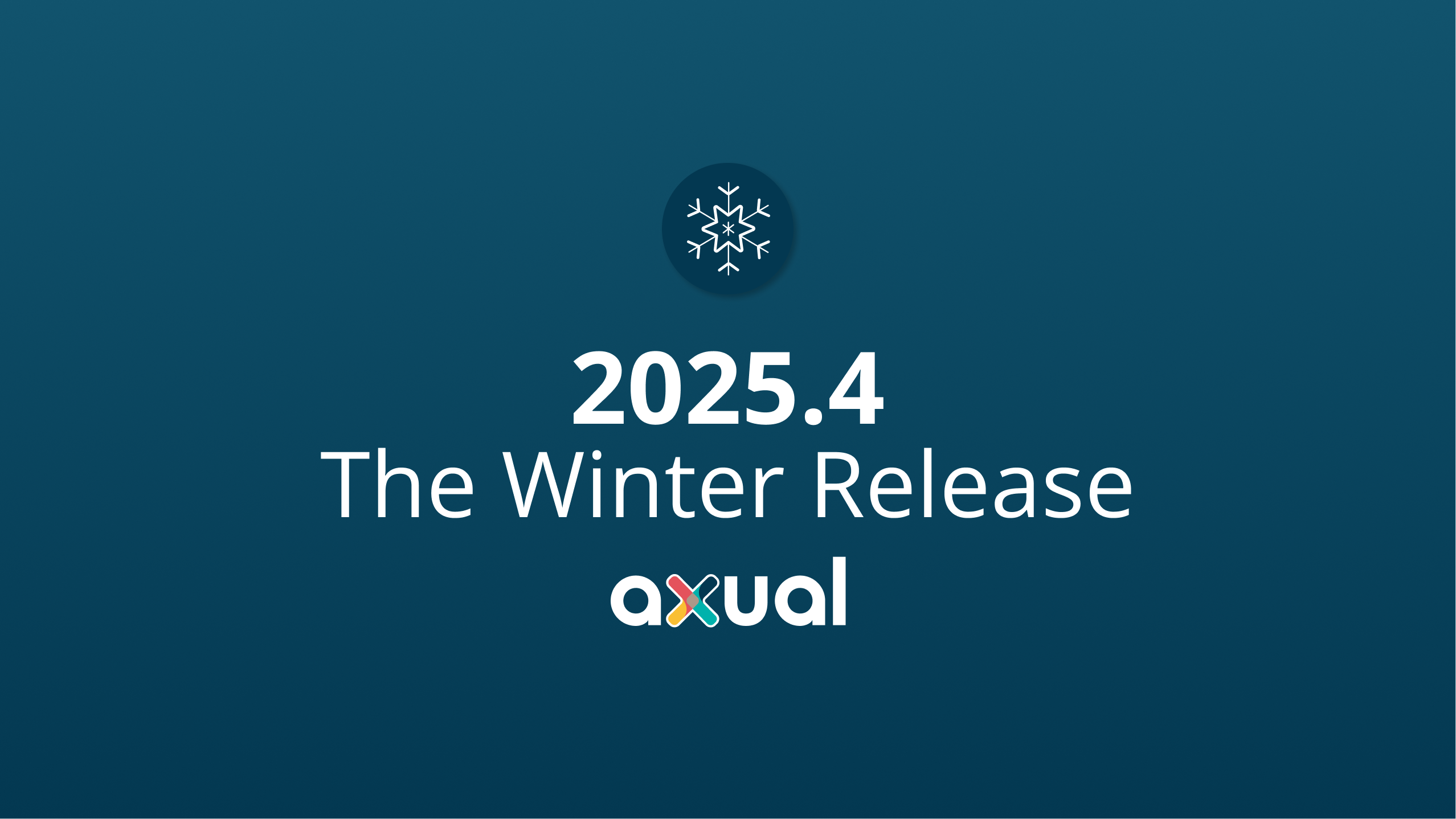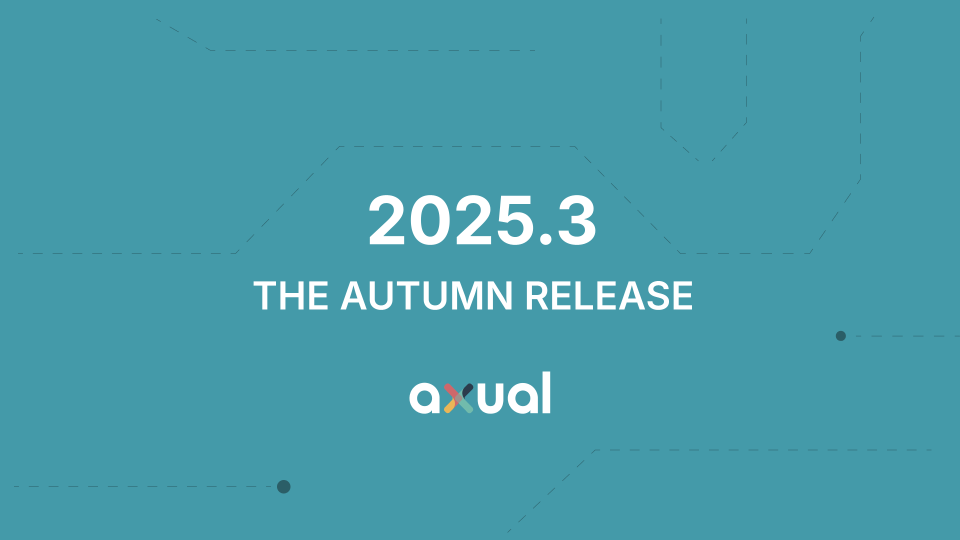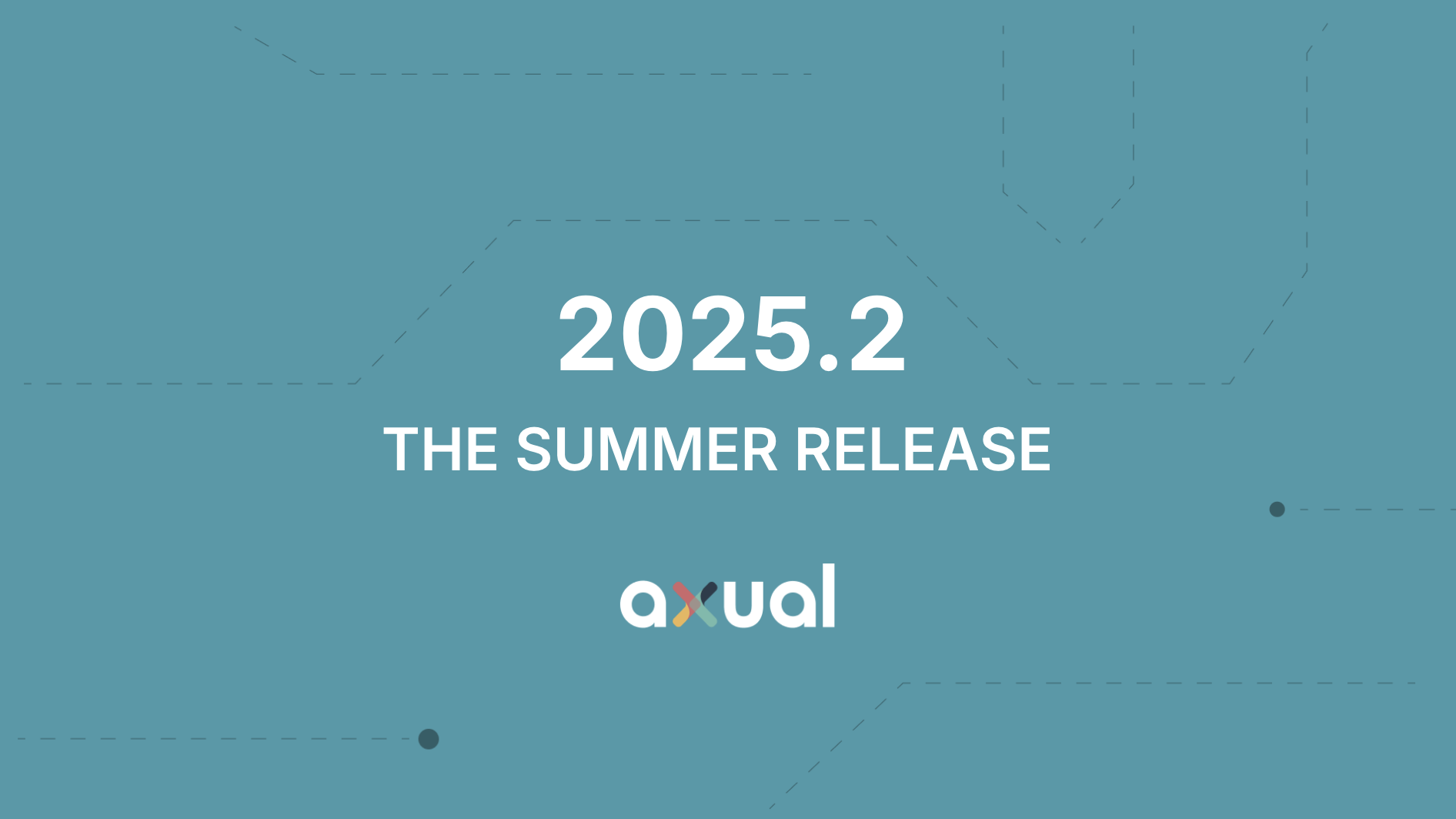On this page
Sustainability is an essential topic in the energy sector. Eneco’s mission is “Sustainable energy for everyone” and wants to help its customers take the next step in their energy transition. This requires knowledge in two areas, specifically: knowledge of the market and of the customer. This knowledge is obtained from data. More data arise every year, and this data must be available and processed as fast as possible. Because “real-time data” plays an increasingly important role in energy transformation, Eneco decided in 2019 to set up an Event Streaming Platform. This project was awarded to the partnership of Conclusion Mission Critical and Axual.
Read the full use case about Eneco's Event Streaming Platform for energy transition
Answers to your questions about Axual’s All-in-one Kafka Platform
Are you curious about our All-in-one Kafka platform? Dive into our FAQs
for all the details you need, and find the answers to your burning questions.
An event streaming platform is a system that allows for the real-time processing and management of event data as it flows through a network. It enables organizations to capture, store, process, and analyze streams of events or data changes, facilitating the creation of data-driven applications and enabling real-time analytics.
Eneco is a Dutch energy company focused on the supply and production of sustainable energy. Founded in 1995 and headquartered in Rotterdam, it operates primarily in the Netherlands and Belgium and has a significant commitment to renewable energy sources. Eneco provides energy to residential and business customers, offering electricity, natural gas, and heat services. The company has focused on sustainable energy solutions, aiming to help customers transition to renewable energy.
The Energy Transition refers to the global shift from fossil fuel-based energy systems to more sustainable, low-carbon energy sources, particularly renewable energy. This transition is driven by the need to address climate change, reduce greenhouse gas emissions, and create a more resilient and sustainable energy infrastructure.
Related blogs

Axual 2025.4, the Winter Release, expands on the governance and self-service foundations of 2025.3 with improved KSML monitoring and state management, an enhanced Schema Catalog, and usability improvements across Self-Service and the platform.

Axual 2025.3 release introduces KSML 1.1 integration for automated stream processing deployment, group-based resource filtering for multi-team governance, and experimental MCP Server for AI-driven platform operations. Includes JSON schema support, Protobuf processing (beta), and enhanced audit tracking for enterprise Kafka implementations.

The Axual 2025.2 summer release delivers targeted improvements for enterprise-grade Kafka deployments. In this post, we walk through the latest updates—from enhanced audit tracking and OAuth support in the REST Proxy to smarter stream processing controls in KSML. These features are designed to solve the real-world governance, security, and operational challenges enterprises face when scaling Kafka across teams and systems.

